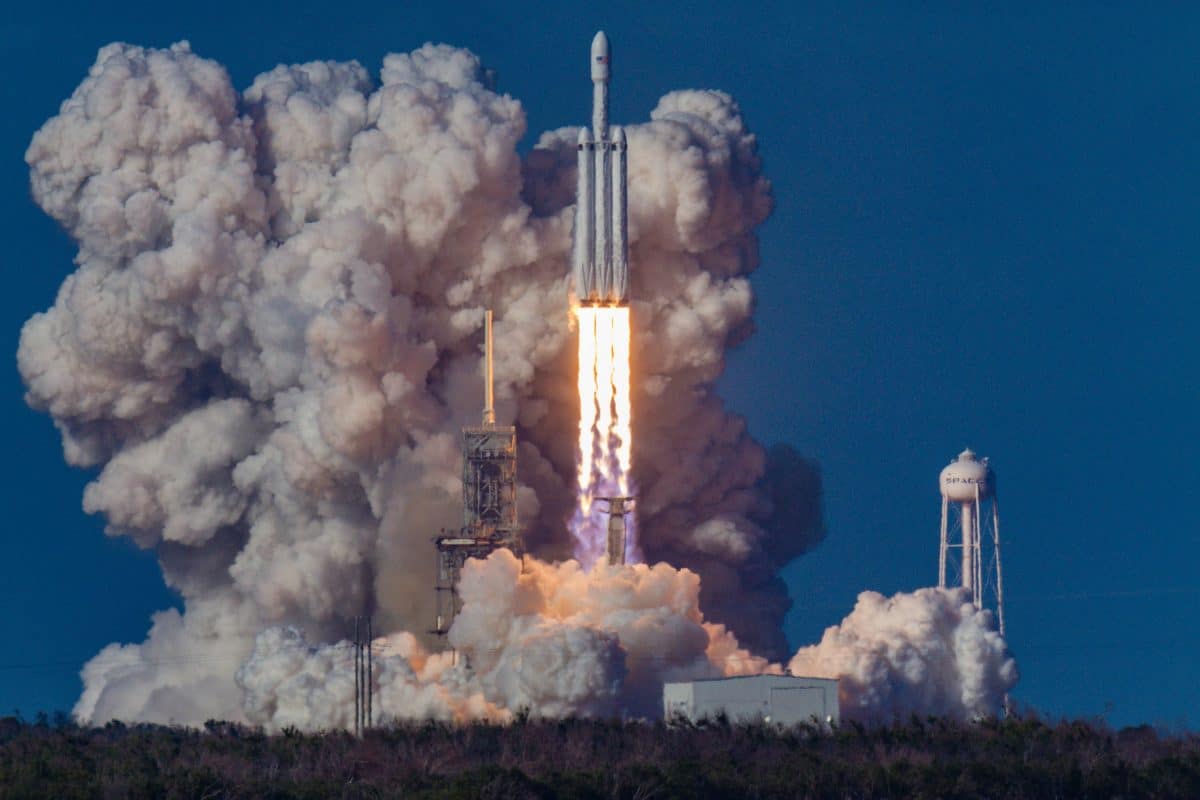
In 2018, Amazon billionaire Jeff Bezos announced he would spend $1 billion a year on his rocket company, Blue Origin. Why? Apparently, when your fortune is around $200 billion, it’s hard to find new hobbies to spend money on.
“The only way that I can see to deploy this much financial resource is by converting my Amazon winnings into space travel. That is basically it,” he told Business Insider.
Next Tuesday, Bezos will find out if his investment paid off. He will launch into space just nine days after billionaire Richard Branson took his own joy ride to touch the realm beyond Earth’s atmosphere. And while Branson got up sooner, Bezos aims to go higher. The world’s wealthiest man plans to rise more than 62 miles above Earth’s surface (the international standard for space), while the Virgin Group leader only reached 53 miles (NASA’s definition of where space begins). Yes, it’s shocking, but the U.S. uses a different measuring standard than the rest of the world!
After his flight on Sunday morning, Branson declared evangelistically, “Imagine a world where people of all ages, all backgrounds from anywhere, of any gender, of any ethnicity have equal access to space. And they will in turn, I think, inspire us back here on Earth. If you’ve ever had a dream, now is the time to make it come true.”
Branson added that he wants to “make space more accessible to all.” But that “all” apparently only includes those with $250,000 to spare for a few minutes of weightlessness.
Not to be outdone, Tesla billionaire Elon Musk is investing in flights to eventually colonize Mars — and he even purchased a seat on one of Branson’s upcoming flights. He tweeted on Monday, “Those who attack space maybe don’t realize that space represents hope for so many people.”
At the risk of undermining Branson’s dream or Musk’s hope derived from technology and wealth, we wonder if this new space race between billionaires actually represents progress. Lost in the sensational coverage glorifying technological achievement and fetishizing obscene fortunes are the moral questions of this moment.
 If we ignore the TV cameras letting their lights shine on the exploits of these billionaires’ space playgrounds, what can the Bible illuminate for us about this episode? In this issue of A Public Witness, we look not toward the stars but back on Earth to consider the moral lessons we can learn from these men so rich they are literally choosing to leave us all behind.
If we ignore the TV cameras letting their lights shine on the exploits of these billionaires’ space playgrounds, what can the Bible illuminate for us about this episode? In this issue of A Public Witness, we look not toward the stars but back on Earth to consider the moral lessons we can learn from these men so rich they are literally choosing to leave us all behind.
NOTE: The rest of this piece is only available to paid subscribers of the Word&Way e-newsletter A Public Witness. Subscribe today to read this essay and all previous issues, and receive future ones in your inbox each Thursday morning.






